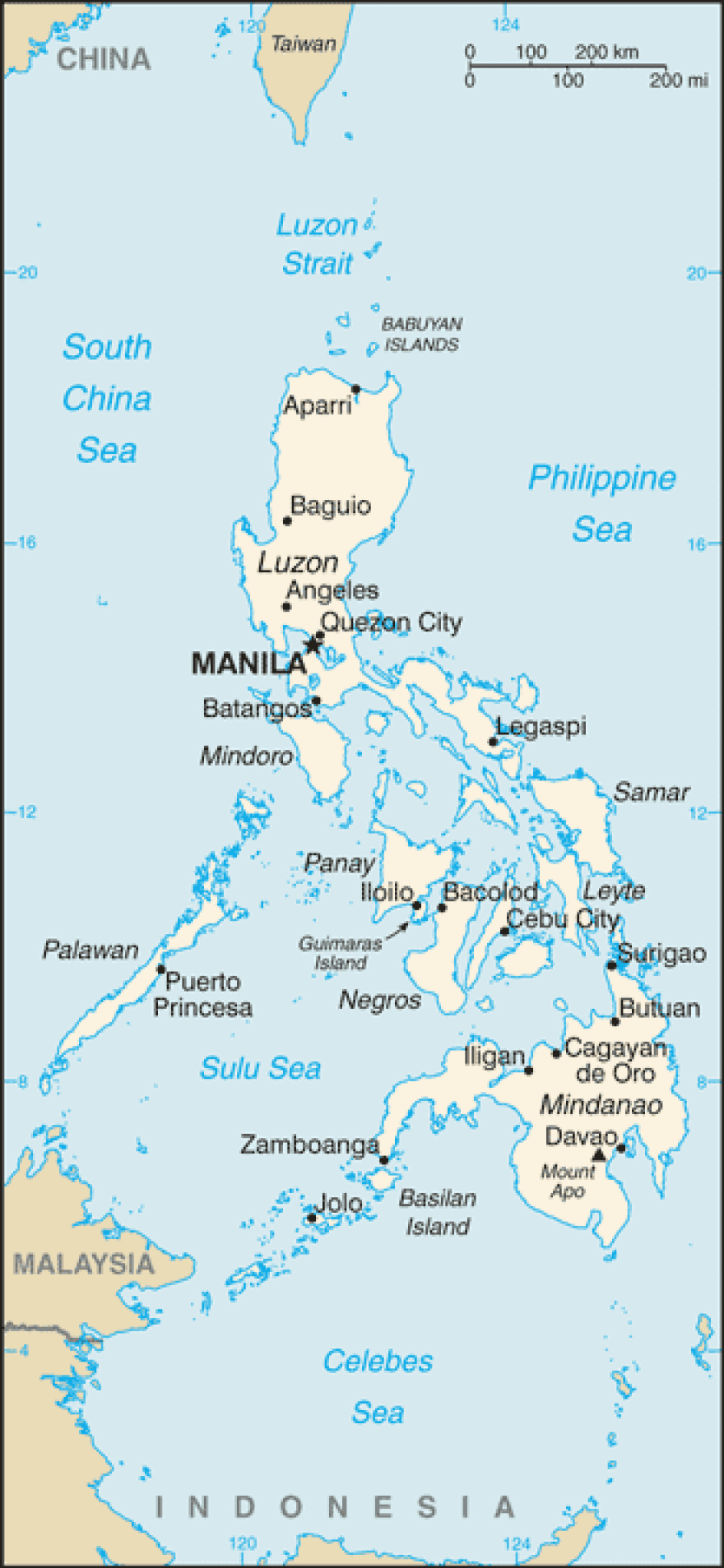As you may remember, an explosion on an oil rig about 20 miles off the coast of Louisiana killed three Filipino nationals and injured a handful of others in November. The incident put Filipino guest worker programs under intense scrutiny by the local media and advocacy groups.
The government entity in the Philippines that oversees the process, the Philippine Overseas Employment Administration, eventually launched an investigation and most recently, WWL-TV reported a grand jury would be convened to probe the incident. The incident also shed light - and amended - a class action lawsuit filed by Filipino workers in 2011 claiming they had been kept in slave-like conditions and cheated out of wages, among other allegations.

Now, as a Filipina myself, the incident obviously piqued my interest. But as the immigration debate in the US tends to focus heavily on populations from Central and South America, my initial thought was: “Wow, that’s weird. Guest workers from the Philippines in the Gulf of Mexico."
Usually you hear about Filipinos on the west coast, in places like California or Washington state. Or you hear about them working on cruise ships or in hotels as housekeepers or as caregivers and nannies. But as it turns out, Filipino guest workers employed by US oil and gas companies is just another chapter in the Philippines' decades-long history of deploying its nationals overseas.
A history the state is very involved in, says University of San Francisco sociologist Valerie Francisco.
"It's been almost 40 years that the Philippines government has been exporting labor and building a rhetoric - a gendered and cultured rhetoric - around Filipinos being caring and the ideal domestic worker, " said Francisco. "They [the government] is in the business of brokering labor all over the world."
Every year, hundreds of thousands of Filipinos are dispersed across the globe to work away from home for months - sometimes years - with their previous education and training often determining where they end up. Many of these workers have some sort of education or training, a lot of them have high school, college or even higher levels of education under their belts. Additionally, completing some sort of training program is a requirement for many workers to obtain visas to work overseas.
The Middle East is, by far, the largest employer of Filipino guest workers (the US doesn’t even fall in the Top 10 countries) while household service, nurses, caregivers and waiters round out the top five occupations they’re hired into around the world. Deploying workers has been happening in the archipelago nation so long that it’s become generational within families, altering family structures and challenging traditional gender roles over the years.
There are many reasons why Filipinos are so available - and sought after - for overseas employment. Some of the reasons have to do with education and language skills. Other reasons have to do with Philippine economy itself, which is actually one of the fastest growing economies in Asia.
And that’s what I’ll be doing for two weeks: learning, researching, listening and reporting on the reasons why Filipinos leave their families to work overseas, the process that gets them there and some of their experiences that come from it.
I’ll also be doing a little soul searching of my own while I’m there. As an adopted Filipino stuck in that between-world of not American enough to be American but not Filipino enough to be Filipino, my first trip back to the Philippines as a professional is sure to be an interesting experience.
You can follow my ICFJ international reporting fellowship trip through blogposts on wrkf.org or follow me on twitter (@as_westerman) with the hash tag #pinoyworkers.
**This story was funded by a reporting fellowship from the International Center for Journalists in Washington, DC.


